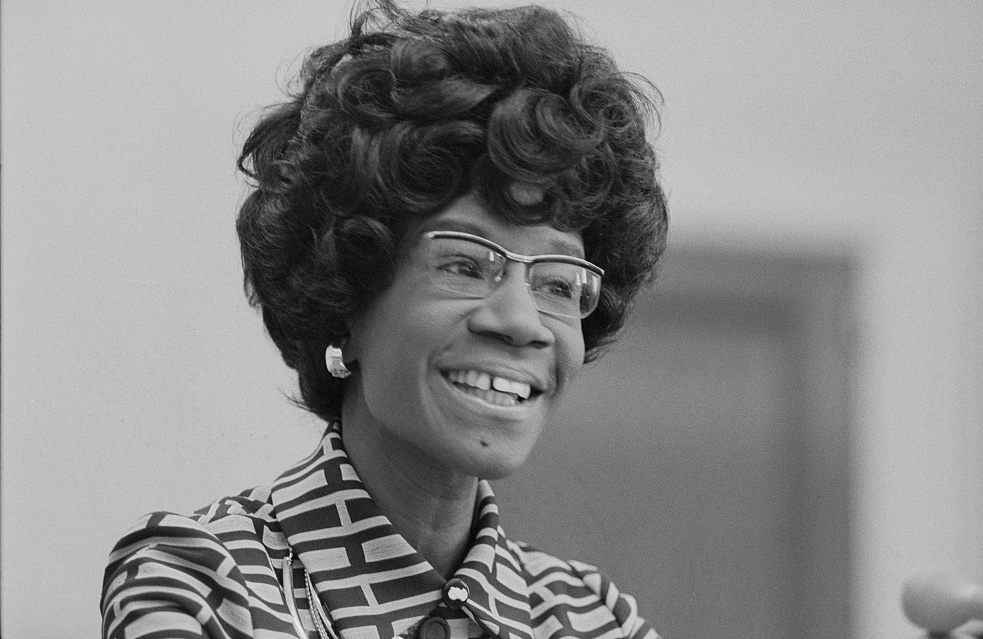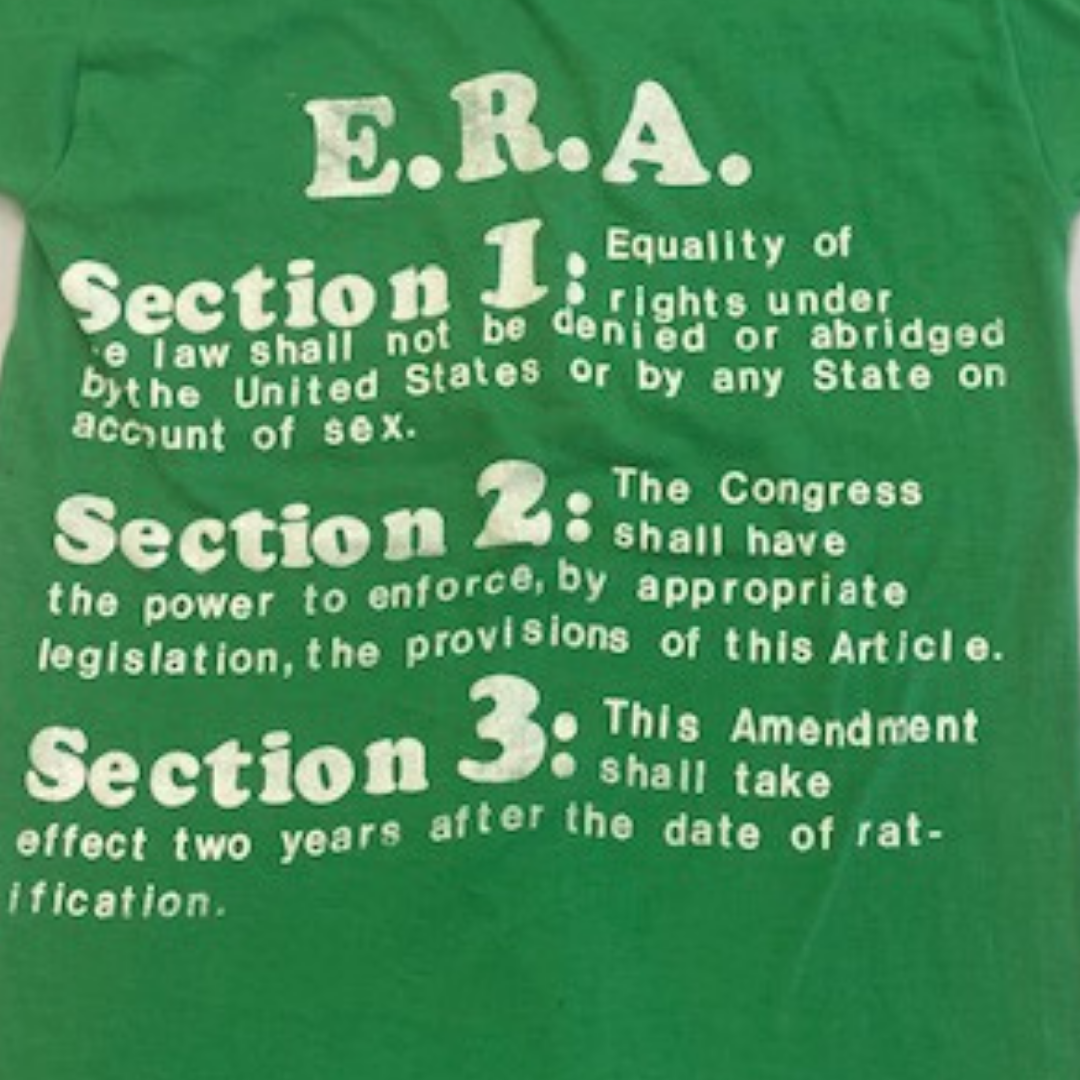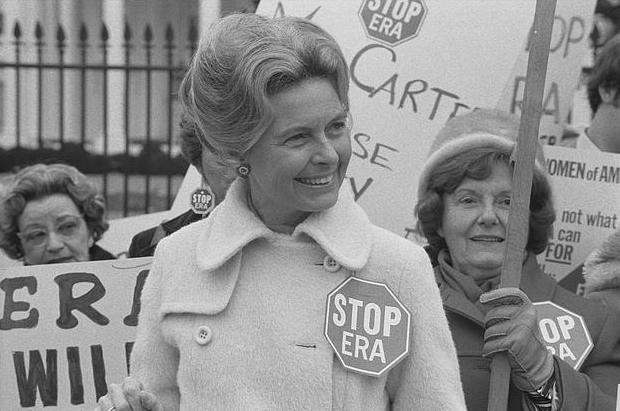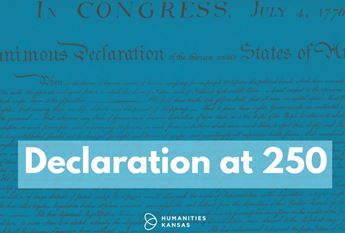

The ERA in Kansas
March 16, 2022

Representative Shirley Chisholm of New York. Photo by Thomas J. O’Halloran, 1972. Library of Congress.
In November 1972, Representative Shirley Chisholm of New York came to Kansas and spoke on the campus of Kansas State College of Pittsburg (now Pittsburg State University.) During her speech, she remarked on a request by constituents in her home state of New York to join a picket line boycotting a cocktail lounge in New York City that did not allow women during certain times of the day. “That’s not our thing, that’s a middle-class white woman thing,” she shared. As the first Black candidate seeking a major party nomination for president of the United States and the first woman to seek the Democratic nomination, Chisholm spoke at length about the Equal Rights Amendment (ERA). In her speech and throughout her campaign, she stressed the urgent need for day care, equal pay, and job opportunities for women, perhaps especially women of color. Although supportive of the ERA, she was not supportive of the entire movement. “You see,” Chisholm said during her appearance in Pittsburg, “you have to understand that white women, by virtue of the kind of lives that they live, cannot expect Black women to jump on the liberation bandwagon and go along with everything they agree to.”
As part of the Kansas 1972 podcast, listeners will hear more about Chisholm’s visit to Pittsburg, the passage of the Equal Rights Amendment in Kansas, the STOP ERA movement, and the long history of women’s rights in Kansas as part of the episode “Women on the Move” available now.

Before the passage of the Equal Rights Amendment, women were not granted all rights and responsibilities, and certainly not women of color. A married woman could not secure a credit card in her own name. A woman could be legally fired from a job when she got married, got pregnant, or even if it was assumed that she was going to get pregnant. Some states did not permit women to serve on juries. Although Kansas led the way in many other regards —women could serve on the school board and Kansas was the first state to have a female mayor — it wasn’t until the ratification of the Equal Rights Amendment on March 28, 1972, by the Kansas Legislature that inequalities between men and women became a legal issue: Equality of rights under the law shall not be denied or abridged by the United States or by any State on account of sex.
Ratification of the ERA happened relatively quickly in Kansas. The vote in favor of the ERA was 86 to 37 in the House and 34 to 5 in the Senate. Soon after, Kansans were eager to discuss its merits. The newly formed Kansas Committee for the Humanities (now Humanities Kansas) supported a grant in 1972 to St. Mary’s College in Leavenworth, an all-female Catholic institution, to engage community members in humanities discussions to “understand the ever-changing economic impacts on women” and to “educate citizens on the Equal Rights Amendment to examine the effects of changes in women’s roles.” Yet, efforts to rescind the ERA would take place in 1973, 1975, 1976, 1977, and again in 1978. What happened? 
Phyllis Schafly at STOP ERA demonstration in front of the White House, 1977. Library of Congress.
Many point to the effectiveness of the STOP ERA movement, led by Illinois activist Phyllis Schafly, which galvanized likeminded women against the ERA. The “STOP” in STOP ERA stood for “Stop Taking Our Privileges” and letters to United States Senator Robert Dole expressed concerns about what women would lose under the ERA. In her letter to Senator Dole, Mrs. Nelson D. wrote “I feel the ERA will only deprive me of my rights. I am a mother of three children and am perfectly happy fulfilling the role of homemaker. I don’t want to serve in the armed forces as men do….The laws protecting women from these things will surely be done away with if the ERA is passed.” Women of the STOP ERA movement were not the only ones in the 1970s who felt the ERA was out of touch with their views and interests. Many women of color joined Shirley Chisholm in being skeptical of the larger women’s movement that often did not include their voices, perspectives, or needs.
Yet, it became clear that equal rights for women was here to stay and fifty years later the conversation about women’s equality continues. Listen to the “Women on the Move” episode of the Kansas 1972 podcast to find out what happened in 1972 and where we go from here.
JOIN THE MOVEMENT OF IDEAS
- LISTEN to “Women on the Move,” the third episode of the Kansas 1972 podcast.
- READ “We Need to Elevate Black Women’s Stories,” the Big Idea by Donna Rae Pearson and find Pearson’s recommendations for books and films to spark conversation.
- LEARN about the fight for women’s equality before 1972 in “Fighting for Equality: Women’s Suffrage in Kansas,” a Speakers Bureau topic presented by Sarah Bell. Find out how to bring this or any of the topics in HK’s Speakers Bureau catalog to your community.



